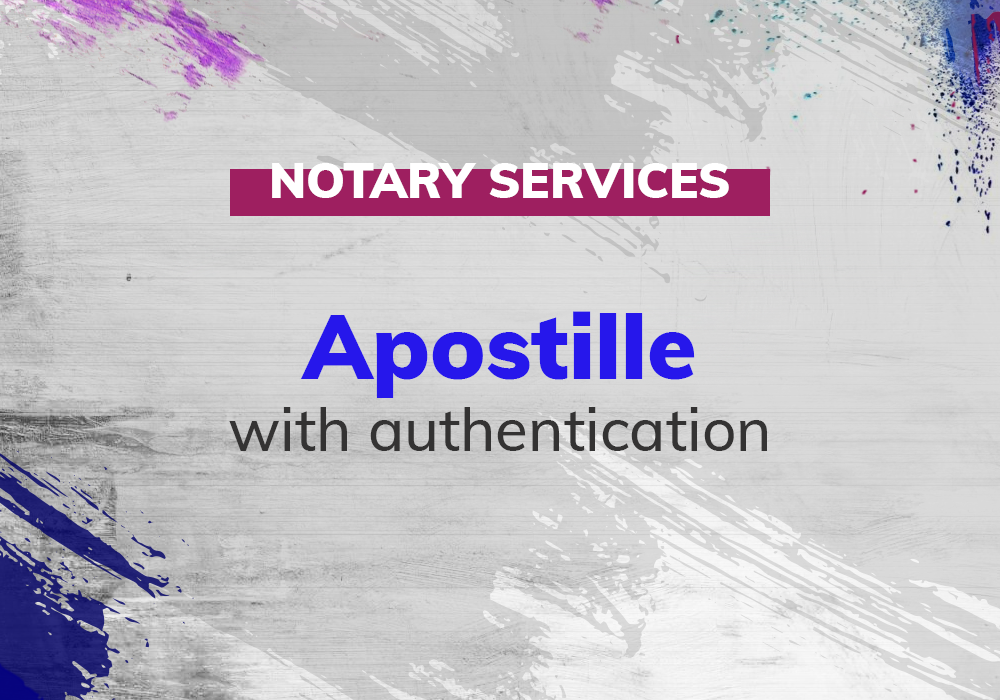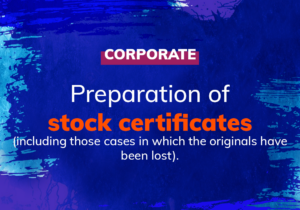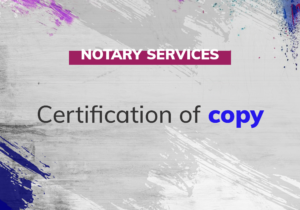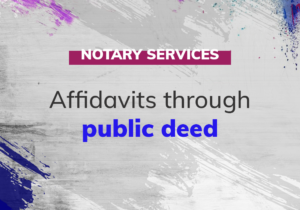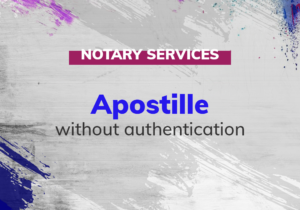Apostilles (with authentication)
$80 $90 IVAI
Apostilles with notarized authentication.
Why are Apostilles important?
The Apostille process, which is carried out before the Ministry of Foreign Affairs and Worship, certifies the authenticity of documents issued in Costa Rica and that will be used in another country that is part of the Hague Convention. This service of the company PredictaBill is responsible for managing and obtaining the necessary apostille so that the documents of its clients are recognized and accepted abroad in a legal and valid way. This facilitates international legal formalities and processes, ensuring the validity and authenticity of documents.
Do you need Apostilles with authentication?
When a client requires the Apostilles service with authentication, it is usually because they need to legalize documents that are not yet authenticated for use abroad. Apostilles are certifications that the Ministry of Foreign Affairs attaches to official documents, such as birth certificates, marriage certificates or academic degrees, to validate their authenticity and international recognition, or duly authenticated private documents. These apostilles are necessary in cases such as applying for visas, studying abroad, or carrying out legal procedures in other countries. PredictaBill is responsible for managing and obtaining the corresponding apostilles, ensuring that the documents comply with legal requirements and are ready for use abroad in one of the countries that are part of the Hague Convention on the Apostille.
Why PredictaBill?
Fast and accurate legal procedures
Streamline legal processes by drafting contracts and documents accurately, saving time and avoiding issues.
Alternative to hourly billing
Fixed rate regardless of product/service
Efficiency in notarial processes
Save time and effort by more efficiently drafting documents for notarial procedures
Terms and conditions
The price indicated here has been estimated assuming that the requested document will be delivered in digital format, or that you will pick up the physical version at the PredictaBill offices. Alternatively, you can request that the document be sent to the location you specify, by courier or Costa Rica postal service, in which case the costs and delivery times that will be indicated at the time of processing the payment for the service will apply
FAQ
1. What is an Apostille without authentication and what is its function?
The Apostille is an official seal placed by the Ministry of Foreign Affairs and Worship on legal documents issued in Costa Rica so that they can be recognized in other countries that are part of the Hague Convention on the Apostille. Its function is to validate the authenticity of the document, so that it can be recognized as valid in a country other than Costa Rica.
2. What are the documents that can be apostilled without authentication?
In Costa Rica, the documents that can be apostilled without authentication are those issued by public authorities, such as birth, marriage or death certificates, school certificates, among others.
3. What is the process for obtaining an Apostille in Costa Rica?
The process to obtain an Apostille consists of submitting the original document to the Ministry of Foreign Affairs and Worship, where the apostille will be made. It is important to note that the document must be duly authenticated by the appropriate authority before applying for the apostille.
4. How long does the apostille process take without authentication in Costa Rica?
The processing time to obtain an Apostille without authentication in Costa Rica can vary, but it is generally estimated that it can take between 3 and 5 business days. It is advisable to plan ahead and consider possible delays.
5. Which countries are party to the Hague Convention on the Apostille and therefore will recognize an apostille issued in Costa Rica?
The apostille is currently recognized by Albania, Andorra, Argentina, Armenia, Australia, Austria, Azerbaijan, Belarus, Belgium, Bosnia and Herzegovina, Brazil, Bulgaria, Burkina Faso, Canada, Chile, China, Costa Rica, Croatia, Cyprus, Denmark, Ecuador, Egypt, El Salvador, Estonia, Finland, France, Georgia, Germany, Greece, Honduras, Hungary, India, Russian Federation, Slovakia, Slovenia, Spain, United States of America, Iceland, Ireland, Israel, Italy, Japan, Jordan, Kazakhstan, Latvia, Lithuania, Luxembourg, North Macedonia, Malaysia, Malta, Mauritius, Mexico, Monaco, Mongolia, Montenegro, Namibia, Netherlands, New Zealand, Nicaragua, Norway, Panama, Paraguay, Peru, Poland, Portugal, Republic of Korea, Republic of Moldova, Romania, Serbia, Singapore, Sri Lanka, United Kingdom of Great Britain and Northern Ireland, Republic of Moldova, Romania, Serbia, Singapore, Sri Lanka, South Africa, Sweden, Switzerland, Suriname, Thailand, Tunisia, Turkey, Ukraine, European Union, Uruguay, Uzbekistan, Venezuela (Bolivarian Republic of Venezuela), Vietnam, Zambia.


